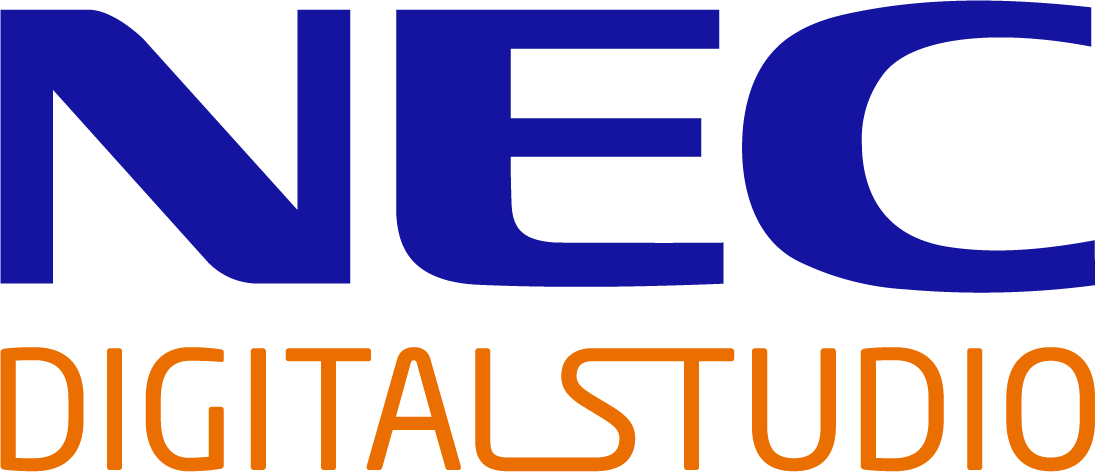 12 December 2025 · Articles
12 December 2025 · Articles
The value of Research Operations for project teams
Research Operations, often known as Research Ops or ReOps, is a discipline that’s essential for organisations seeking to scale the operations of their research. Here, one half of NEC Digital Studio’s Research Ops team, Kirstie, shares her reflections on how this function brings value to project teams and clients.

For the first blog from this series, Anu looked at how Research Ops adds value for research participants. In this article I’m going to be taking a closer look at the variety of ways in which Research Ops can benefit project teams, and therefore clients.
Research Ops builds foundations so that research time is maximised
Research Ops requires skills that may not be shared by other disciplines in the project team. Having a dedicated Research Ops resources can lighten some of the burden on teams so they can concentrate on conducting research.
Since starting at NEC Digital Studio, we’ve developed a suite of guidance and templates to assist project teams with recruitment, ethical practice, logistics and data management.
For example, we use Microsoft Teams for projects, so we created a consent form template using Microsoft Forms, which integrate fully with the MS Teams workspace. This removes the need to use other platforms for recording participant consent and is fully compliant with data protection regulations as access to data can be tightly controlled.
The template produces a consent form that can be shared easily with participants and is simple for them to complete. It’s set up with questions and wording based on best practice and comes with accompanying guidance for project teams.
Another example is investigating how we can use MS Bookings for recruitment and producing a ‘how to’ guide with best practice for project teams, saving them a lot of time and admin, and giving participants more choice about when they take part in research.
The time saved can be used for research activities meaning that clients benefit from increased project efficiency.
Our experience means we are often able to pre-empt what teams might need and work towards getting those resources in place. This could be preparing materials for in-person workshops, having participant incentive options ready, and setting people up with required tooling. Or it could involve having early conversations about recruitment when working with recruitment agencies to prioritise requirements.
ReOps is proactive. This saves time, frees up head space for researchers and reduces delays on projects, helping them to run smoothly and to schedule.
Research Ops builds and maintains useful relationships
In addition to building solid foundations ourselves, the Research Ops team seek out useful contacts who can help get things done on projects. We build relationships that can be utilised to support project teams.
For example, we’ve built good working relationships with our recruitment agencies to understand how best to work with them, so when they’re needed on a project we are starting from a position of trust and mutual understanding.
NEC Digital Studio is part of a larger company, and ReOps has a well-developed understanding of internal processes and contacts within the wider organisation. We work with the Procurement Team and our Data Protection Officer who can support with specific needs, like when we need to bring in new resources or a project team has a complex data protection query.
ReOps acts as a link between different people and functions, facilitating information sharing to solve problems and make sure projects continue to run smoothly. Working on many projects simultaneously as well as with a wide variety of stakeholders means we’re well placed to see the bigger picture and understand how different parts works together, which leads to me next point…
Research Ops champions continuous improvement
As some of our time is assigned to internal work, we have capacity to find solutions to things that aren’t working well. Often others will have these observations but lack time or contextual knowledge to find resolutions due to other work commitments.
Our ReOps team works across different client projects simultaneously. We take learnings from different projects and put in tools and processes to standardise approaches to improve our practice. This can be anything from redesigning our ethics approval process to make it easier for team to use and capture learning, to creating guidance not only on how to use tools, but how to use them as a team in the context of a project.
Other teams and projects benefit from these learnings as through our work, they become standard practice and this allows us to try new ideas with an iterative approach, making improvements with each new project. It’s a bit like designing a service, where Research Ops is the service and project teams are our users. ReOps facilitates bringing tacit information held by project teams to light for the benefit of the wider team, and clients then receive the benefits of higher quality and more efficient work.
It’s true that you don’t need ReOps for this, but where it’s left to individuals and lacking time and structure, results are more likely to be patchy, with learning remaining siloed.
In summary, ReOps can seem like a “nice to have” on a project and is often an invisible function, especially when things are going well. But the reality is that ReOps provides solid foundations that teams need to succeed. Bringing oversight and consistency to projects, pre-empting requirements and providing guidance and resources leads to better projects, better work and better results for clients.


